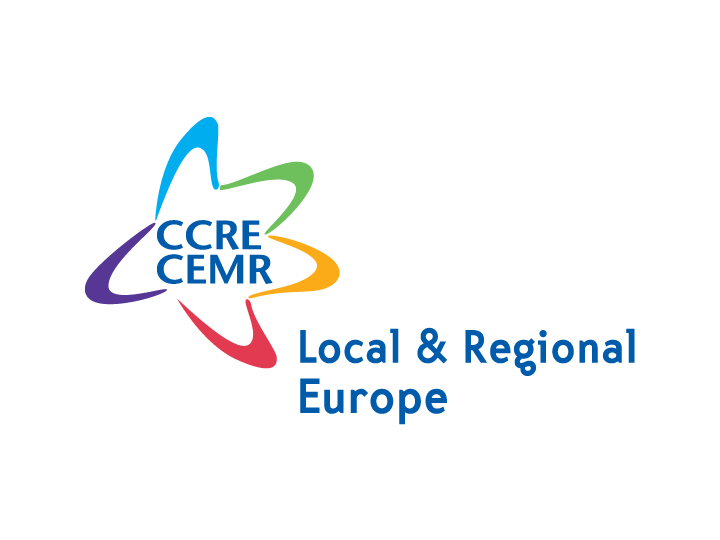Secretaries general of CEMR member associations met to discuss crisis and its impact on European governance
rnIn order to get a better idea of what needs to be done, “Europe needs to get a better picture of what citizens’ impressions are on the ground, especially given the current crisis and economic situation,” Gerhard Stahl continued. He notably quoted a Eurostat study, which states that an average of 60% of people in Europe’s regions is most concerned about unemployment and 30% about the economic situation, while other issues such as environment came in at an average of 6%.
The role of local and regional authorities in the European governance
rn“While the European Union is a union of states, it is first and foremost a union of citizens. And between the state and the citizens, there is local and regional government,” stated Mario Paulo Tenreiro, head of the general institutional issues unit of the European Commission Secretariat, at this occasion.
rnIn this regard, Stahl added that it could be interesting to envisage the creation of a map of the distribution of competences at the different levels of governance within each member state and it with the distribution of public funding. This would allow those making legislative proposals at the EU level to have a better understanding of the consequences of their proposals.
rnThe secretaries general and directors exchanged with the above-mentioned guests and also discussed upcoming challenges in the framework of CEMR’s 2013 work programme.
rn

Climate, Sustainable Finance Officer





